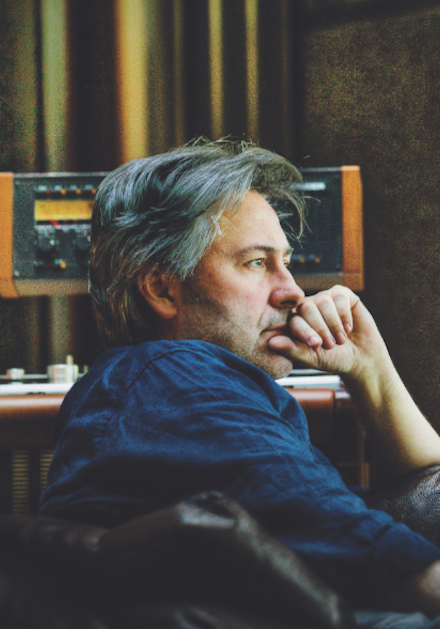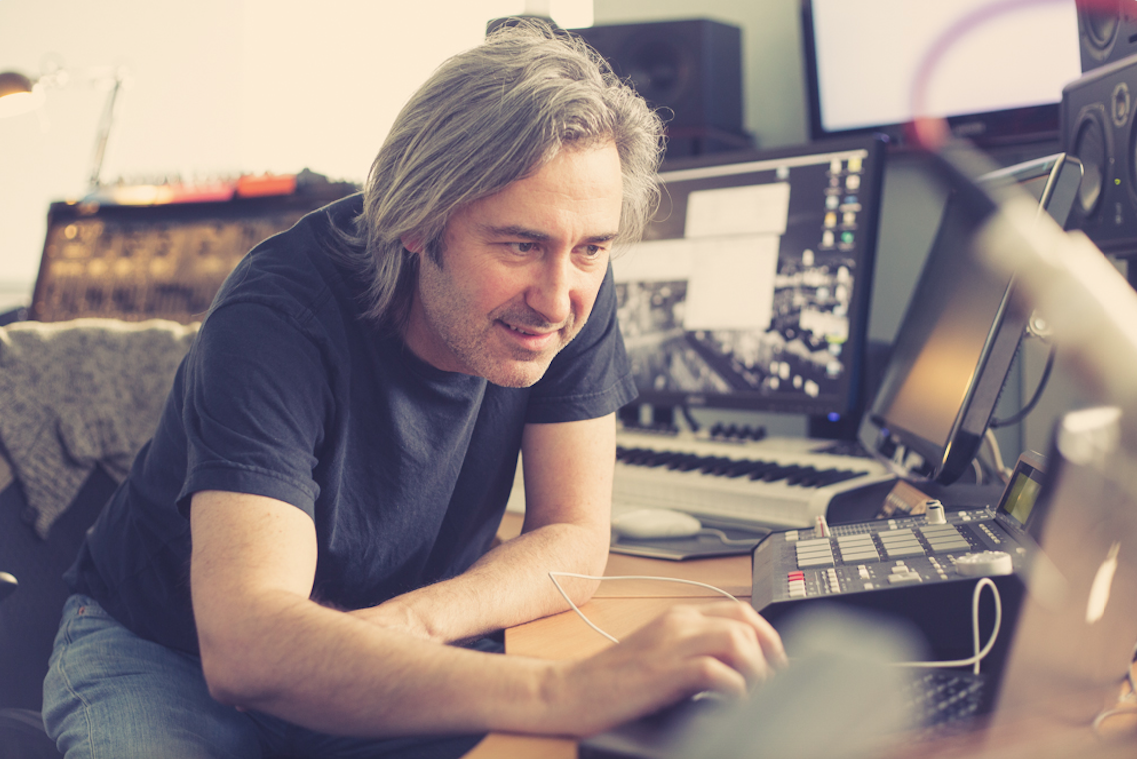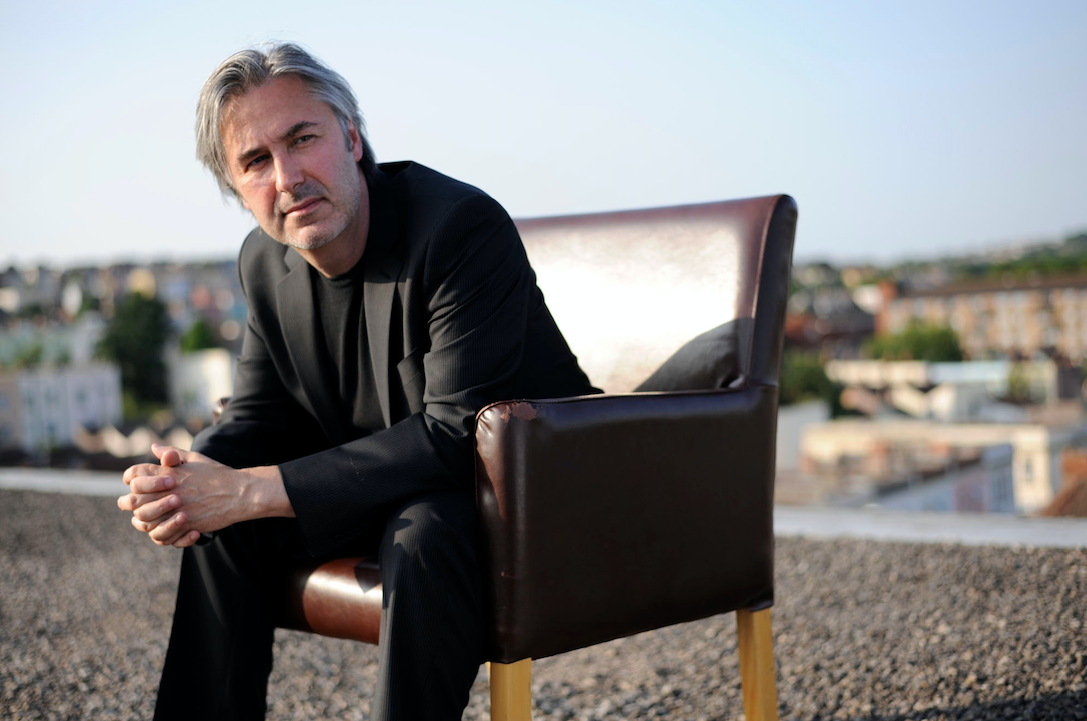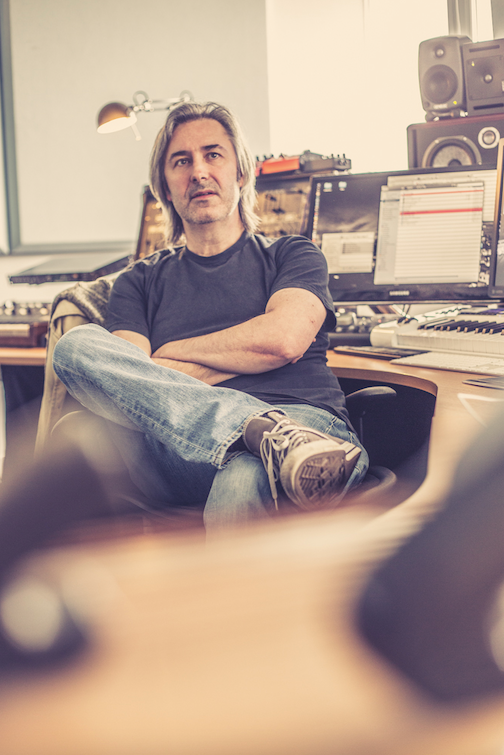There was an unconventional workflow for this album, with differences in opinions from the group’s members causing friction. How did that affect the recording process?
There was a lot that went into making that album... it took several years; there was a lot of band in-fighting, and a lot of working very, very long hours trying to pull that together and to make it happen. There was also a lot of protecting people's integrity.
With Liz, [Teardrop vocalist Elizabeth Fraser] I used to set her up to sing, and she's very nervous of performing in front of other people, which might seem ridiculous because of how successful she's been as a vocalist and how accomplished she is as a singer, but that's the simple truth – she’s really nervous of singing in front of other people.
I used to set her up so that she could be in the room on her own and work around her ideas, and then she would call me when she was ready to commit something. It's a part of the job of producing that I don't really compromise on: I allow people their space to be as much themselves as they possibly can be.
Fraser sang Teardrop’s vocal, however without the other group member’s knowing, Vowles (Mushroom) sent the demo to Madonna, wanting her to do it. How did this play out, and ultimately end with him being overruled?
Mezzanine was the beginning of the end to some degree; Mushroom eventually left the band before we started 100th Window. I don't know why, but he just wasn't into Lizzie's vocal. He wasn't into the song. I don't know how he made the contact, but he had spoken to Madonna's manager about the track and actually sent it over to her. She'd got back in contact saying, ‘I love this; this is fantastic. Is this for real?’
So her manager called Massive Attack's manager, and I was working on a Sunday when I got the call from Mark (the manager) saying, ‘I've spoken to Madonna's manager, and he's got this track called Teardrop, and he wants to know whether it's for real’. This was the first I or any of the other members of the band had heard about it.
When I heard that, my first thought was, ‘Okay, so if Mushroom’s going to give that particular version to Madonna, I'm going to pull together a different version of the track’ – which is what I did. So literally that Sunday, I'm like, ‘Okay, so if we don't have the elements that Mushroom brought to the track, what are we left with?’
We had the harpsichord part that I'd written, and Liz's vocals. I said, ‘Let's just just get rid of everything else, pretty much’. We did the piano stuff, pulled in some different beats and basically put together a whole new version of the track that day, which is the basis of what we finally released. There was a fair amount more work that we did on it, but that was the foundation of the album version that we hear today.
So it was pretty controversial and caused a lot of arguments within the band. And it was already a bit fractious there. I love all the guys, but they have personality traits where they can very easily piss each other off and piss other people off. I’ve certainly had more than a few times when I've felt pissed off with one or more of them!
And they're quite unconventional. It led to a situation where I would be in the studio and Mushroom would come in for a couple of hours, and then I'd get a call from the manager saying, ‘3D wants to come into the studio, can you let Mushroom know so that he can leave?’ It was probably like that for the last year of working on the project, where I would only ever have one member of the band in the studio at a time.
I think to some degree, that was what was happening before anyway, because they all have very different styles: Mushroom used to turn up early in the day, around lunchtime, and 3D always felt creative in the evening and at night, so he would always turn up later.
So to some degree that was already going on because of their different styles. But [Teardrop] really was that final nail in the coffin. Not long after we finished Mezzanine. I think there was a tour that was booked, and Mushroom went out on that, but by the time that tour finished, I think he'd left the band.






